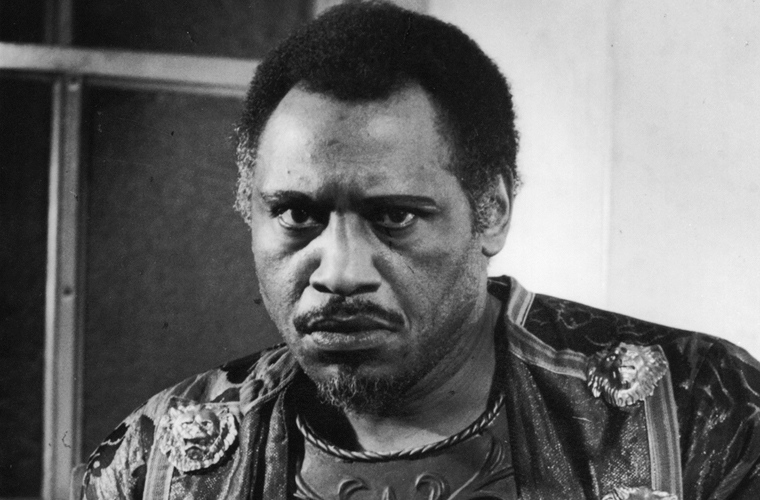Paul Robeson was an influential figure in American history, known for his talents as an actor, singer, and civil rights activist. Born on April 9, 1898, in Princeton, New Jersey, Robeson’s impact on the cultural and political landscape of the United States cannot be overstated. Robeson’s early life was marked by academic and athletic success. He attended Rutgers University on a scholarship, where he excelled in both academics and sports. After graduating as valedictorian, he went on to attend Columbia Law School, becoming one of the few African Americans of his time to earn a law degree.
Despite his promising future in law, Robeson’s true passion lay in the performing arts. He gained acclaim for his powerful bass-baritone voice and captivating stage presence, becoming a prominent figure in the world of theater and music. His performances in productions such as “Show Boat” and “Othello” solidified his reputation as a talented actor and singer. Robeson’s success as a performer opened doors for him to become a vocal advocate for civil rights and social justice. He used his platform to speak out against racial inequality and discrimination, becoming an outspoken critic of segregation and oppression. His activism brought him into contact with other prominent figures of the civil rights movement, including W.E.B. Du Bois and Langston Hughes.
In addition to his advocacy work, Robeson also used his talents to raise awareness of global issues. He performed concerts around the world, using his music to promote peace and solidarity among nations. His rendition of “Ol’ Man River” became an anthem for the struggles of oppressed peoples everywhere.
Despite his international acclaim, Robeson faced significant challenges in his own country. His outspoken views and activism led to him being targeted by anti-communist organizations during the Red Scare of the 1950s. He was blacklisted and had his passport revoked, effectively preventing him from traveling abroad to perform or advocate for causes he believed in. Robeson’s treatment at the hands of the US government was a stark reminder of the ongoing struggles for civil rights and freedom of expression in America. Despite these challenges, he continued to fight for justice and equality until he died in 1976.
Paul Robeson’s legacy lives on as a testament to the power of art and activism in creating social change. His contributions to the arts and his unwavering commitment to justice have left an indelible mark on American history. As we reflect on his life and work, we are reminded of the importance of using our talents and voices to stand up for what is right and just.


